Basil pesto is more than just a delicious sauce to enhance your pasta dishes; it’s a nutritional powerhouse packed with numerous health benefits. This vibrant green condiment, traditionally made with basil leaves, garlic, pine nuts, Parmesan cheese, and olive oil, not only adds a burst of flavor to meals but also provides an array of nutrients and health-boosting properties.
In this article, we will explore the nutritional composition and health benefits of basil pesto, its health benefits, and potential allergens to consider. Let’s dive into the world of basil pesto and uncover why it’s a great addition to your diet.
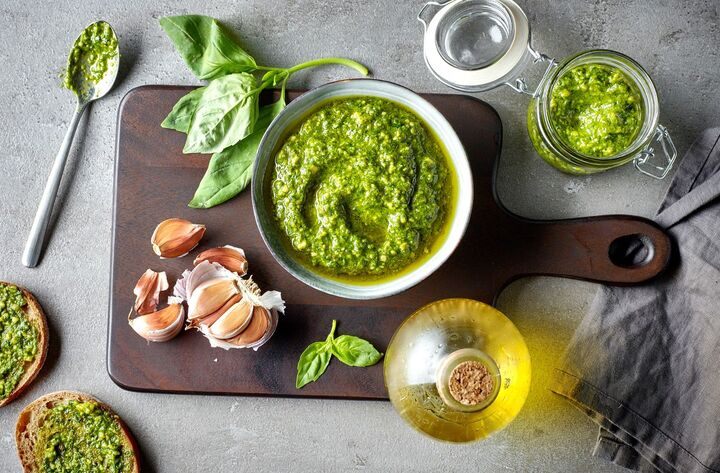
Nutritional Information
Understanding the nutritional profile of basil pesto can help you appreciate its health benefits. This section breaks down the macronutrients and essential vitamins and minerals found in this delectable sauce.
Macronutrients
Calories Macronutrients are the nutrients required in larger amounts in our diets, including carbohydrates, proteins, and fats. Let’s take a closer look at the macronutrient composition of basil pesto.
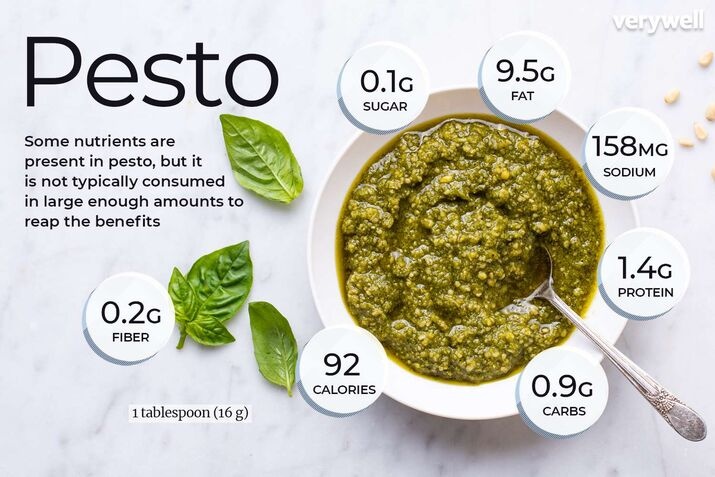
Basil pesto is relatively calorie-dense due to its ingredients. A typical serving (about 2 tablespoons) of basil pesto contains around 80-120 calories. While the calorie content might seem high for a small serving, it’s important to note that these calories come from nutrient-dense ingredients that provide essential energy and sustenance.
Fats Fats are a significant component of basil pesto, primarily from olive oil and nuts. A serving of basil pesto contains approximately 8-10 grams of fat, including healthy monounsaturated and polyunsaturated fats. These fats are beneficial for heart health, reducing bad cholesterol levels, and providing a sustained energy source.
Proteins Although not a primary source of protein, basil pesto provides a modest amount of this essential macronutrient. A serving contains about 2-3 grams of protein, which comes mainly from the cheese and nuts. Protein is crucial for muscle repair, growth, and overall body function.
Carbohydrates Basil pesto is low in carbohydrates, making it suitable for low-carb diets. A typical serving contains only about 1-2 grams of carbohydrates, primarily from the basil leaves and garlic. This low carbohydrate content makes basil pesto a great option for those monitoring their carb intake.
Vitamins and Minerals
In addition to macronutrients, basil pesto is rich in various vitamins and minerals that contribute to its health benefits. Let’s explore some of the key vitamins and minerals found in basil pesto.
Vitamin A
Basil pesto is an excellent source of vitamin A, which is essential for maintaining healthy vision, supporting immune function, and promoting cell growth. The basil leaves in pesto are particularly rich in beta-carotene, a precursor to vitamin A, providing a significant portion of your daily vitamin A needs.
Vitamin C
Vitamin C, known for its immune-boosting properties, is also present in basil pesto. This antioxidant vitamin helps protect cells from damage, promotes collagen production for healthy skin, and enhances the absorption of iron from plant-based foods.
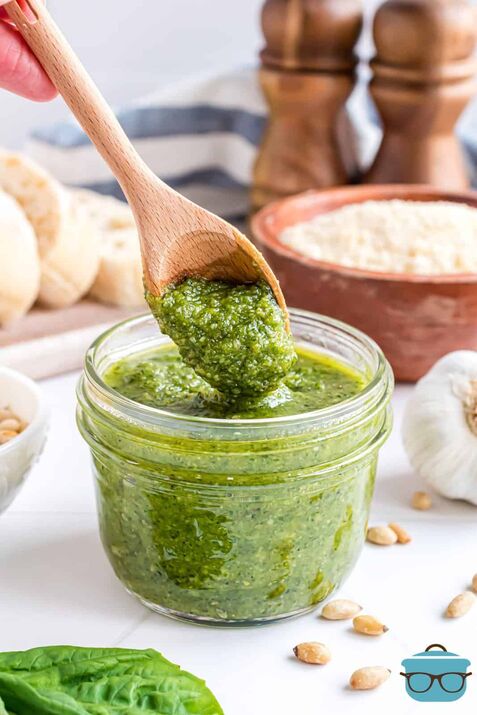
Iron
Iron is a crucial mineral for producing hemoglobin, a protein in red blood cells that carries oxygen throughout the body. Basil pesto provides a decent amount of iron, especially beneficial for those who follow a vegetarian diet, as plant-based sources of iron are often less readily absorbed by the body compared to animal sources.
Calcium
Calcium is essential for maintaining strong bones and teeth, as well as for muscle function and nerve transmission. The Parmesan cheese in basil pesto contributes to its calcium content, making it a tasty way to help meet your daily calcium requirements.
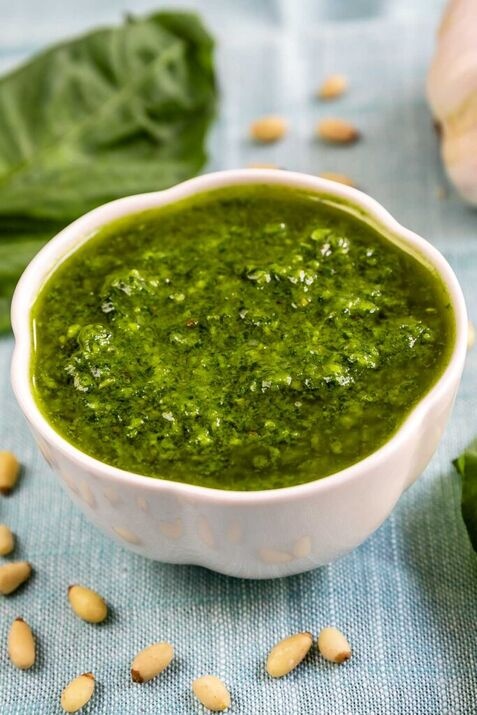
Nutritional Information Table
Here is a table summarizing the nutritional content of a typical 2-tablespoon serving of basil pesto:
| Nutrient | Amount per Serving (2 tbsp) |
|---|---|
| Calories | 80-120 |
| Total Fat | 8-10 grams |
| Saturated Fat | 1-2 grams |
| Monounsaturated Fat | 5-7 grams |
| Polyunsaturated Fat | 1-2 grams |
| Protein | 2-3 grams |
| Carbohydrates | 1-2 grams |
| Fiber | 0.5-1 grams |
| Sugar | 0-1 grams |
| Vitamin A | 15-20% DV* |
| Vitamin C | 6-10% DV* |
| Iron | 4-6% DV* |
| Calcium | 8-10% DV* |
*DV = Daily Value
Health Benefits
The health benefits of basil pesto go beyond its nutrient content. This section delves into the various health-promoting properties of basil pesto, from its antioxidant capabilities to its role in heart health.
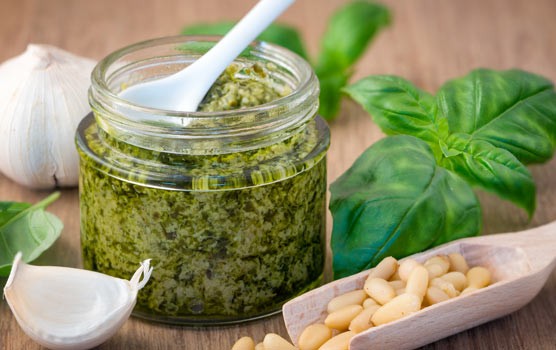
Antioxidant Properties
Basil pesto is rich in antioxidants, which help combat oxidative stress in the body. Oxidative stress occurs when there’s an imbalance between free radicals and antioxidants, leading to cell damage and contributing to various chronic diseases. The basil leaves, garlic, and nuts in pesto are all sources of potent antioxidants, including flavonoids and phenolic compounds, that help protect your cells and promote overall health.
Anti-Inflammatory Effects
Chronic inflammation is linked to numerous health conditions, including heart disease, arthritis, and certain cancers. Basil pesto contains ingredients with anti-inflammatory properties, such as basil, olive oil, and nuts. These ingredients help reduce inflammation in the body, supporting overall health and potentially lowering the risk of inflammatory diseases.
Heart Health
One of the most notable benefits of basil pesto is its positive impact on heart health. The combination of healthy fats, antioxidants, and anti-inflammatory compounds makes basil pesto a heart-friendly addition to your diet.
Benefits of Olive Oil
Olive oil, a key ingredient in basil pesto, is well-known for its heart health benefits. It is rich in monounsaturated fats, which help lower bad cholesterol (LDL) levels while maintaining good cholesterol (HDL) levels. Olive oil also contains antioxidants like oleic acid and polyphenols that protect the heart and blood vessels from damage.
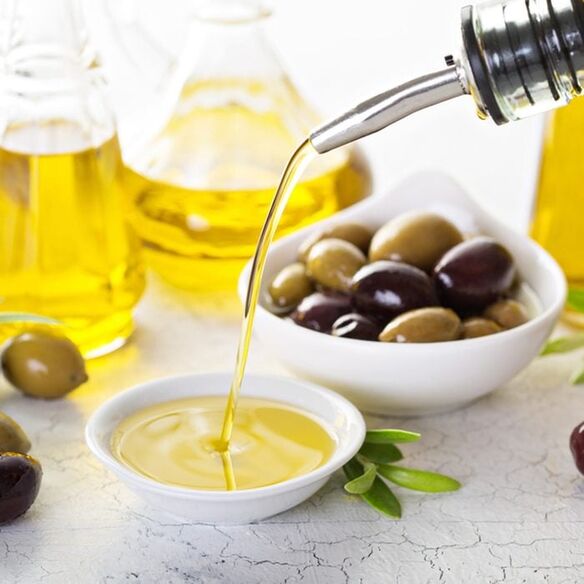
Role of Nuts
Nuts, such as pine nuts, walnuts, or almonds, are another crucial component of basil pesto that contribute to heart health. These nuts provide healthy fats, protein, and fiber, all of which are beneficial for maintaining cardiovascular health. They help reduce cholesterol levels, improve blood vessel function, and decrease inflammation, thus supporting overall heart health.
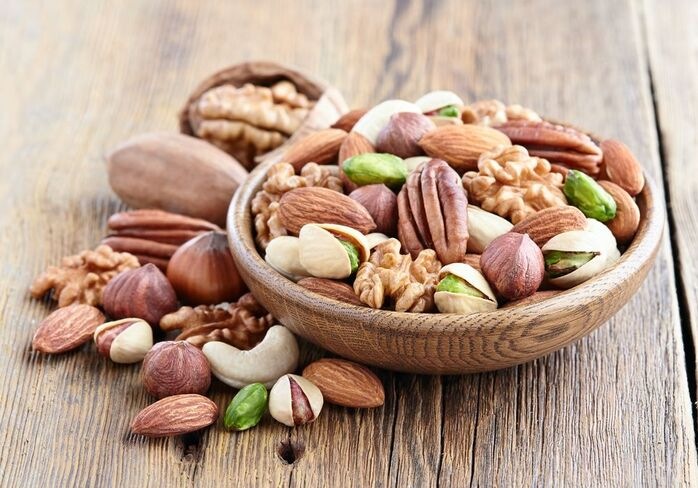
Potential Allergens
While basil pesto offers numerous health benefits, it’s important to be aware of potential allergens that could affect some individuals. This section highlights common allergens in pesto and suggests alternative ingredients for those with allergies.

Common Allergens in Pesto
Basil pesto contains several ingredients that are common allergens, including nuts and dairy. Pine nuts, often used in traditional pesto recipes, can cause allergic reactions in individuals with nut allergies. Similarly, Parmesan cheese contains dairy, which can be problematic for those with lactose intolerance or a dairy allergy.
Alternative Ingredients for Allergies
For individuals with allergies, there are several alternatives to the traditional ingredients used in basil pesto. For a nut-free version, you can substitute pine nuts with seeds such as sunflower or pumpkin seeds. These seeds provide a similar texture and nutty flavor without the allergenic properties. For a dairy-free option, you can use nutritional yeast in place of Parmesan cheese. Nutritional yeast adds a cheesy flavor to the pesto without the dairy, making it suitable for vegans and those with dairy allergies.
FAQs
Conclusion
Basil pesto is a versatile and flavorful sauce that offers a range of health benefits. Its rich nutritional profile, including essential macronutrients and vitamins, along with its antioxidant, anti-inflammatory, and heart health properties, make it a valuable addition to any diet.
However, it’s important to be mindful of potential allergens and consider alternative ingredients if necessary. By incorporating basil pesto into your meals, you can enjoy its delicious taste while reaping its numerous health benefits.
So go ahead, add a dollop of basil pesto to your pasta, sandwich, or salad, and savor the goodness it brings to your table.
Disclosure: Our blog contains affiliate links to products. We may receive a commission for purchases made through these links. However, this does not impact our reviews and comparisons. We try our best to keep things fair and balanced, in order to help you make the best choice for you.






